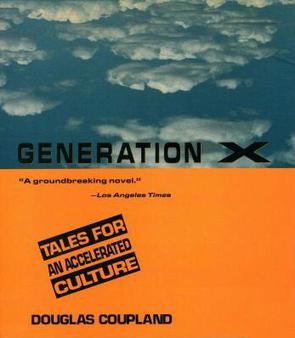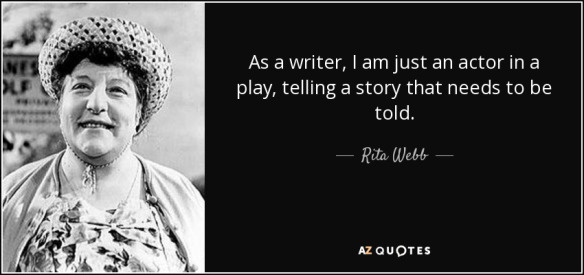Download links for: Why Not Socialism?


Reviews (see all)
Write review
Good! Interesting view and analogies. Have never heard of market socialism before this hmm.
I found this pretty dry. It was short but I found finishing it to be a slog.
An okay intro to Cohen, but his other stuff is much better.
eh
0
Other books by Nonfiction
Related articles












